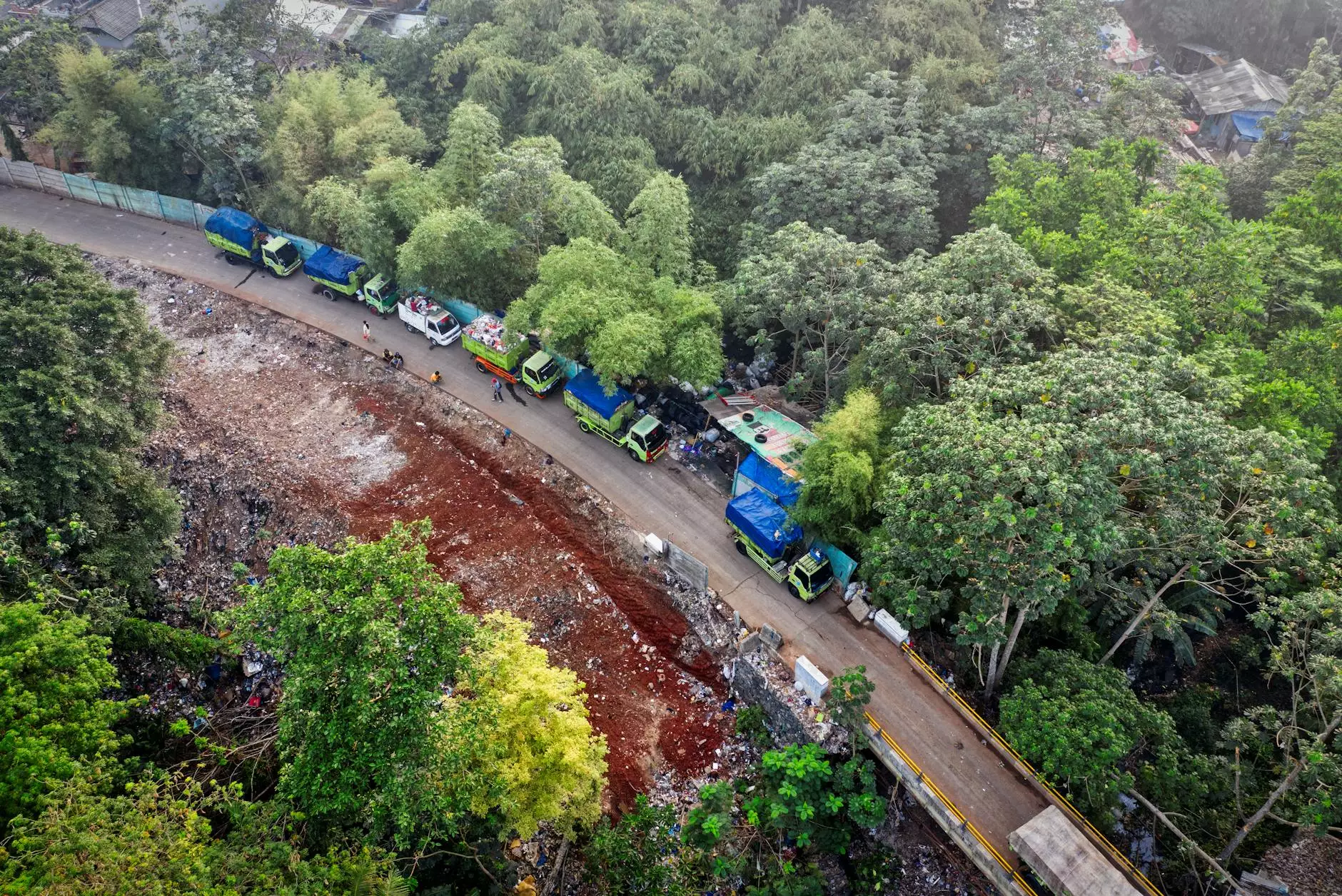Accident Cleanup Jobs: A Vital Industry for Society

In today’s world, accident cleanup jobs represent not only a unique career choice, but also a critical service that plays an essential role in public safety. Whether it's a vehicle mishap, a workplace incident, or even a residential accident, the aftermath requires immediate and professional attention. This industry not only aids in restoring safety but also helps lessen emotional distress for those impacted.
Understanding the Importance of Accident Cleanup
The process of accident cleanup is multifaceted and requires a comprehensive understanding of safety protocols, biohazard handling, and the ability to respond swiftly in emergency situations. The significance of these jobs can be summarized in the following points:
- Health and Safety: Proper cleanup minimizes exposure to hazardous materials and biohazards, thus protecting public health.
- Restoration: The swift removal and cleanup facilitate the restoration of normalcy in homes, businesses, and communities.
- Emotional Support: Providing a clean and safe environment can greatly alleviate the psychological burden on those affected by accidents.
Types of Accident Cleanup Jobs
There are various roles and responsibilities within the realm of accident cleanup jobs, each requiring specific skills and training. These positions can be categorized as follows:
1. Biohazard Cleanup Technicians
These professionals are trained to handle and clean scenes that involve biological hazards. This can include trauma scenes, suicides, or unattended deaths. They use specialized equipment and follow strict protocols to ensure complete safety and compliance with health regulations.
2. Crime Scene Cleaners
Often overlapping with biohazard cleanup, crime scene cleaners focus primarily on areas that have been the location of a crime. Their work requires a sensitive approach to ensure the dignity of victims and families while meticulously cleaning and restoring the space.
3. Accident Recovery Specialists
These specialists often work in collaboration with emergency services to clear accident scenes swiftly and safely. They are trained in vehicle extraction, debris removal, and hazardous material recognition, ensuring that accident sites are secured and made safe for the public.
Skills Required for Accident Cleanup Jobs
Those interested in pursuing accident cleanup jobs should possess a range of essential skills, including:
- Attention to Detail: Thoroughness is crucial when cleaning and restoring accident scenes.
- Physical Stamina: The job can be physically demanding, requiring lifting, carrying, and prolonged periods of activity.
- Emotional Resilience: Workers frequently encounter distressing situations; maintaining emotional strength is vital.
- Knowledge of Safety Protocols: Understanding protocols for hazardous materials and safety procedures is critical.
Training and Certification
Entering the field of accident cleanup jobs often requires formal training and certification. Various organizations offer certification programs that cover topics such as:
- Hazardous Materials Handling
- First Aid and CPR
- Biohazard Cleanup Certification
- Trauma Scene Cleanup Techniques
Continuous education is also encouraged to stay updated with the latest safety practices and regulations to ensure compliance and safety in the field.
Job Opportunities and Career Growth
The demand for cleanup specialists is on the rise due to an increasing awareness of safety and health regulations. Companies like Biohazard Plus offer numerous career opportunities in this field. Potential career paths include:
- Senior Cleanup Technician
- Operations Manager
- Environmental Safety Consultant
- Training and Safety Officer
As professionals gain experience, many progress into management or specialized roles, pursued by ongoing training in leadership, safety compliance, or specialized cleanup methods.
The Future of Accident Cleanup Jobs
As society becomes more conscious of health and safety, the future of accident cleanup jobs appears promising. Here are the notable trends and developments in the industry:
- Technological Advancements: Innovative tools and equipment, such as high-efficiency particulate air (HEPA) filters and advanced cleaning agents, are transforming cleanup processes.
- Increased Awareness: Communities are becoming more educated about the importance of professional cleanup services, leading to heightened demand.
- Environmental Responsibility: A focus on eco-friendly cleaning methods reflects the growing urgency for sustainable practices in all industries.
Conclusion: The Heart of Community Support
In summary, accident cleanup jobs form a backbone of public safety and health, providing essential services that protect individuals and communities alike. Those who enter this field not only enjoy diverse career opportunities but also play a vital role in easing the pain and emotional burden that accidents can bring. As the industry continues to evolve, the importance of trained and skilled cleanup professionals will only grow, highlighting the value of this often-overlooked vocation.









